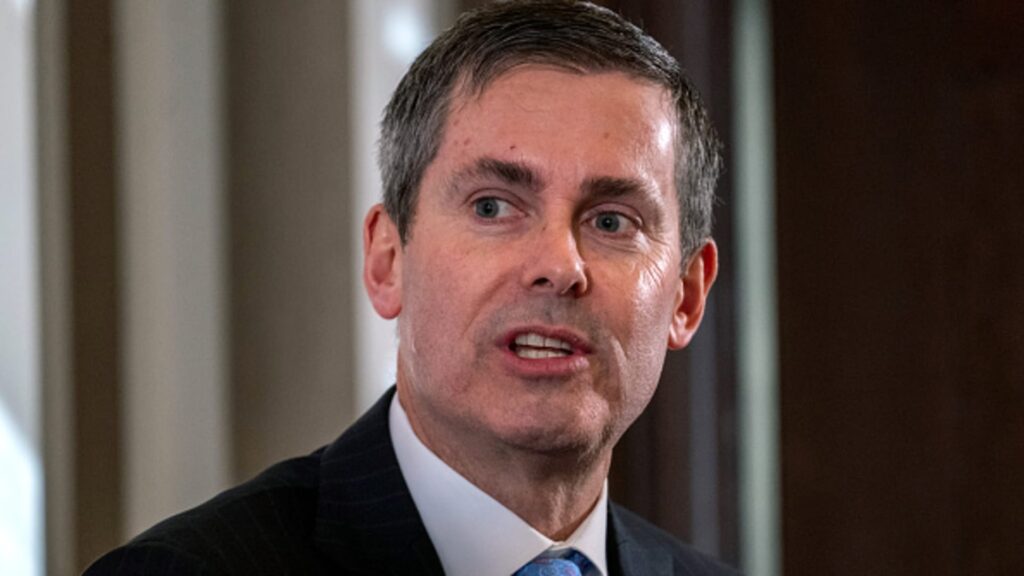
Eli Lilly CEO David Ricks discusses Trump pharmaceutical tariffs
Eli Lilly CEO Addresses Trump’s Pharmaceutical Tariffs Impact on US Drug Manufacturing
National Security and Drug Supply Concerns
Eli Lilly CEO David Ricks has addressed the looming pharmaceutical-specific tariffs proposed by the Trump administration, acknowledging the validity of national security concerns while expressing uncertainty about tariffs as the solution. The administration’s Section 232 investigation into pharmaceutical imports highlights growing concerns about the U.S. dependence on foreign drug manufacturing, particularly from countries like India and China.
Generic Drug Manufacturing Challenges
The pharmaceutical landscape faces significant challenges, with approximately 90% of U.S. prescribed medicines being generic drugs. These essential medications, including critical hospital supplies like antibiotics and vasopressors, have largely been manufactured overseas due to cost considerations. Ricks emphasized that while these drugs are challenging to produce, economic factors have driven production outside the United States.
Health experts warn that implementing tariffs on generic drugs could have unintended consequences. Given their lower profit margins compared to branded medications, some manufacturers might exit the U.S. market entirely, potentially worsening existing drug shortages, particularly for crucial hospital-use medications like sterile injectables.
Industry Response and Investment
The pharmaceutical industry is already responding to potential tariffs with increased domestic investment. Eli Lilly has committed $27 billion to construct four new production facilities in the United States. Ricks suggests that the mere threat of tariffs has effectively catalyzed the return of critical supply chains to American soil, questioning whether actual tariff implementation is necessary.
The company advocates for alternative approaches, particularly emphasizing the role of tax policy. Ricks highlighted how lower tax rates, specifically a 15% rate for domestic production, could incentivize manufacturers to return operations from tax-advantaged locations like Ireland, Singapore, and Switzerland.
Divergent Industry Perspectives
While Eli Lilly demonstrates proactive engagement with domestic manufacturing initiatives, other industry leaders express different views. Pfizer CEO Albert Bourla contends that uncertainty surrounding the tariff policies is actually deterring U.S. investments in manufacturing and R&D, highlighting the complex implications of these proposed measures on the pharmaceutical industry’s future.






